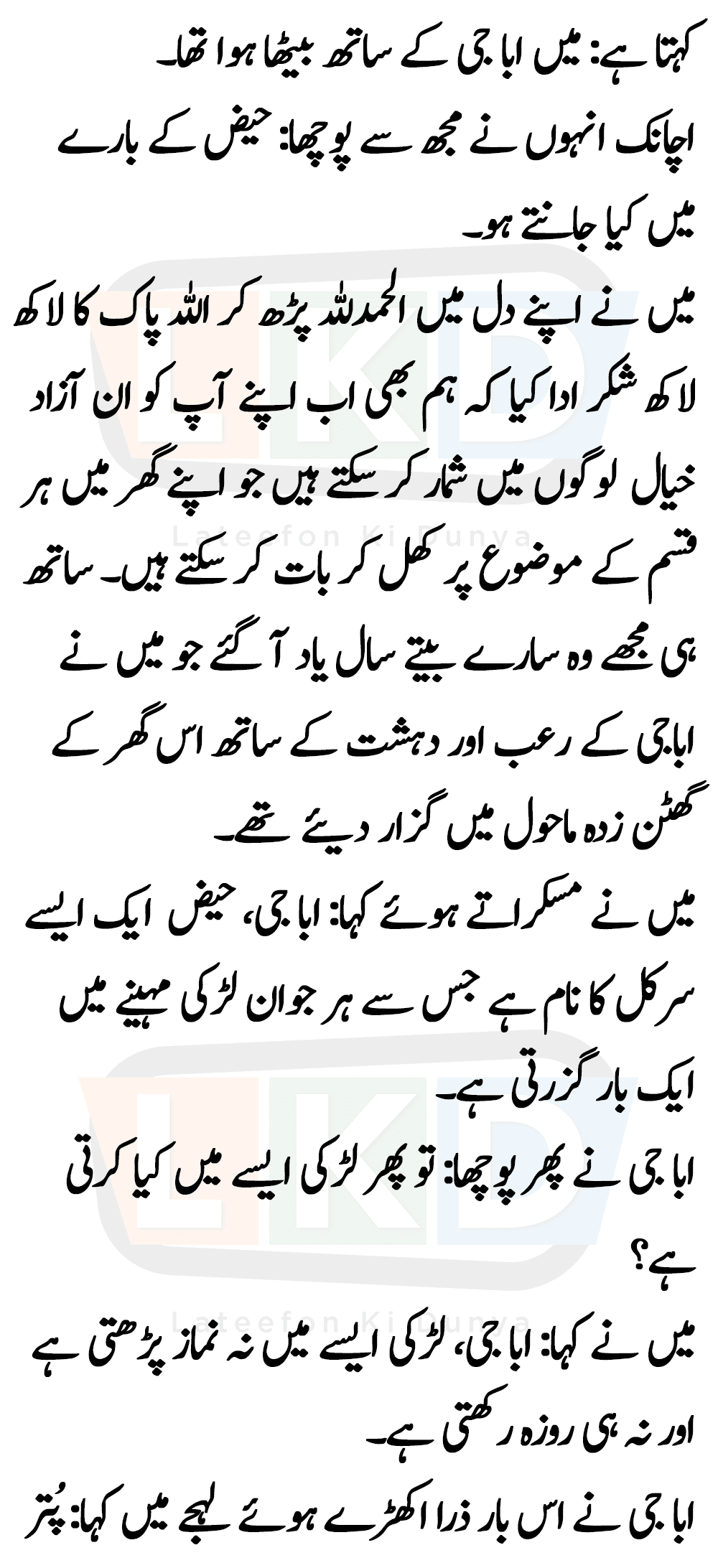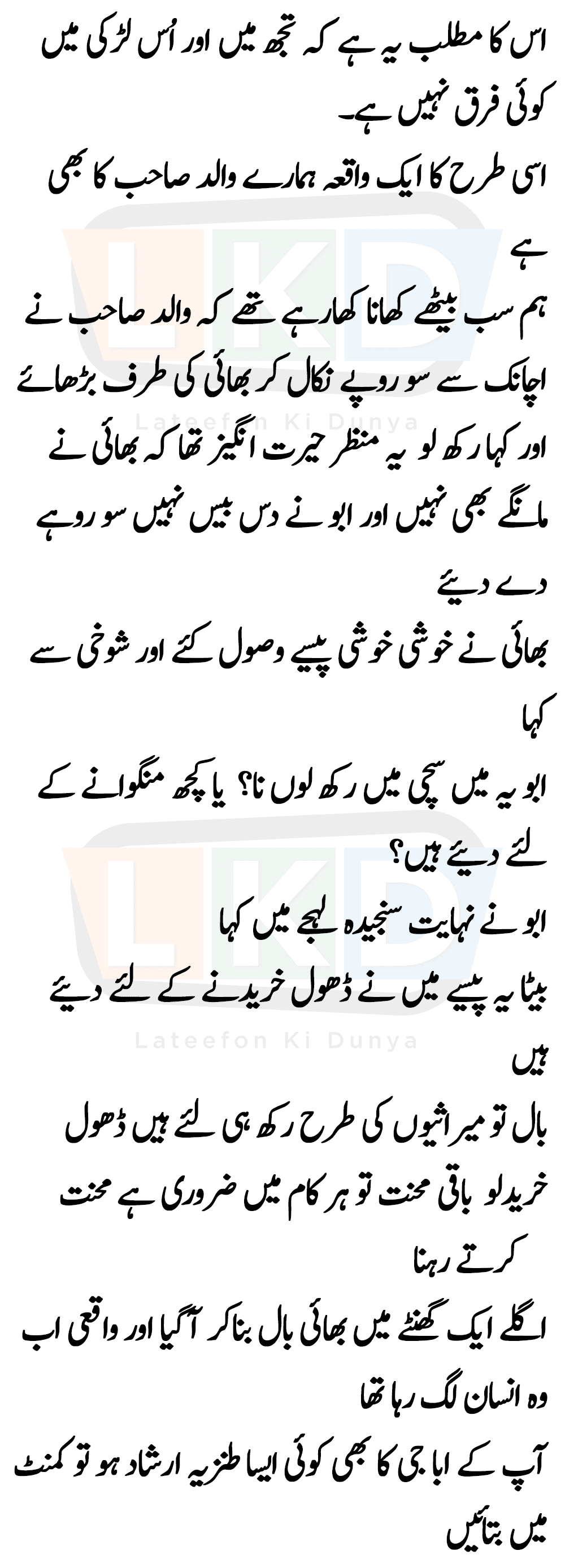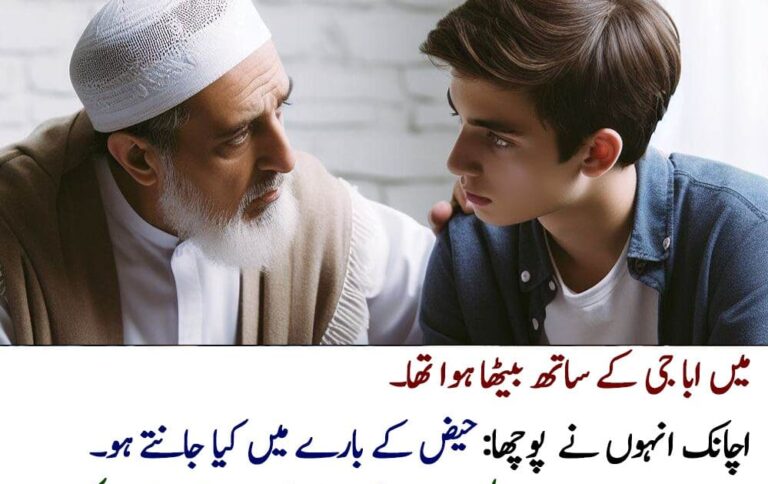Embracing Open Discussions: Breaking Restrictions on Feminine cycle
I was sitting with my dad, Abaji, when unexpectedly he went to me and inquired, “What do you are familiar period?” I quietly recounted Alhamdulillah in my heart, offering thanks to Allah that we currently live in a period where we can straightforwardly examine points that were once viewed as untouchable. It occurred to me that we, as well, can be considered as a real part of those freed people who can openly discuss different subjects inside the limits of our home.
READ IN URDU BELOW


As I answered happily, saying, “Abaji, period is a characteristic cycle that each young lady goes as the month progressed,” a rush of recollections overflowed my psyche. I reviewed such a long time spent in an air of dread and terrorizing inside this home, affected by Abaji’s severity and brutality. Thankfully, I understood that times had changed.
Abaji examined further, “Thus, what does a lady do during this period?” I made sense of, “Abaji, during feminine cycle, a lady forgoes performing petitions and fasting.” His reaction was harsh and extreme, “Child, that implies there is no distinction among you and a lady going through period.”
Thinking about Abaji’s response, I couldn’t resist the opportunity to see the value in the meaning existing apart from everything else. It denoted a change in mentality, a takeoff from the conventional hesitance to transparently examine such matters. Abaji’s reaction likewise featured the requirement for a more educated and figuring out approach toward monthly cycle.
In our general public, discussions around period have for some time been covered in mystery and disgrace. Ladies, specifically, have been molded to see this regular physical process as something to be covered up, talked about just in quieted tones, if by any means. Men, then again, have frequently been kept in obscurity, sustaining a pattern of obliviousness and distress.
As I dug into a more definite clarification for Abaji, I really wanted to consider the years when the simple notice of feminine cycle would creep us out. Abaji’s unbending disposition and the apprehension imparted in us established a climate where it was unfathomable to examine such subjects. The home, when a position of warmth and solace, had turned into an overwhelming space set apart by Abaji’s severe standards.
Presently, be that as it may, sitting up close and personal with Abaji, I felt a feeling of freedom. The affirmation of period as a characteristic and fundamental part of a lady’s life was a forward leap. It was a chance to overcome any issues of understanding among ages and challenge the disgrace related with talking about conceptive wellbeing transparently.
Abaji’s intense disposition relaxed as he ingested the data. It was clear that he, as well, was exploring a through the unknown area of breaking cultural standards. His next question uncovered a more profound interest, “How might we establish a climate where such discussions are acknowledged as well as empowered?”
This question made the way for a more extensive discourse about encouraging a culture of receptiveness inside families. It was an opportunity to reclassify the elements that had for such a long time smothered the trading of data on fundamental subjects. I shared the significance of training, both inside families and schools, to standardize conversations around period and regenerative wellbeing.
As our discussion unfurled, I ended up recapping the stories of my past. The years when dread governed our house were presently accounts of change. Abaji listened eagerly, retaining the effect of his developed point of view on the environment he had once administered with an iron clench hand.
The acknowledgment that feminine cycle was not a wellspring of disgrace but rather a characteristic and crucial piece of a lady’s life sank in. It was a snapshot of illumination that rose above the limits of our home. It was a source of inspiration to challenge cultural standards that sustain quietness and obliviousness.
The excursion towards breaking the no encompassing feminine cycle is definitely not a single one; it requires aggregate exertion. Families, schools, and networks should meet up to establish a climate where open discussions are embraced, and information is shared without dread or judgment.
As I finished up my discussion with Abaji, I really wanted to feel a feeling of achievement. The walls of quietness and disgrace had disintegrated, clearing a path for a more illuminated and comprehensive climate. Abaji, when an image of terrorizing, had turned into an impetus for change inside our home.
Basically, our discourse had risen above the limits of a straightforward discussion about feminine cycle. It had turned into an impetus for change, a chance to reshape the story encompassing regenerative wellbeing inside our family and then some. The excursion had quite recently started, yet the steps we had taken denoted a critical jump toward a more educated and freed society.



